
Myth Busters & Science Fact-Checker - Science Myth Debunking
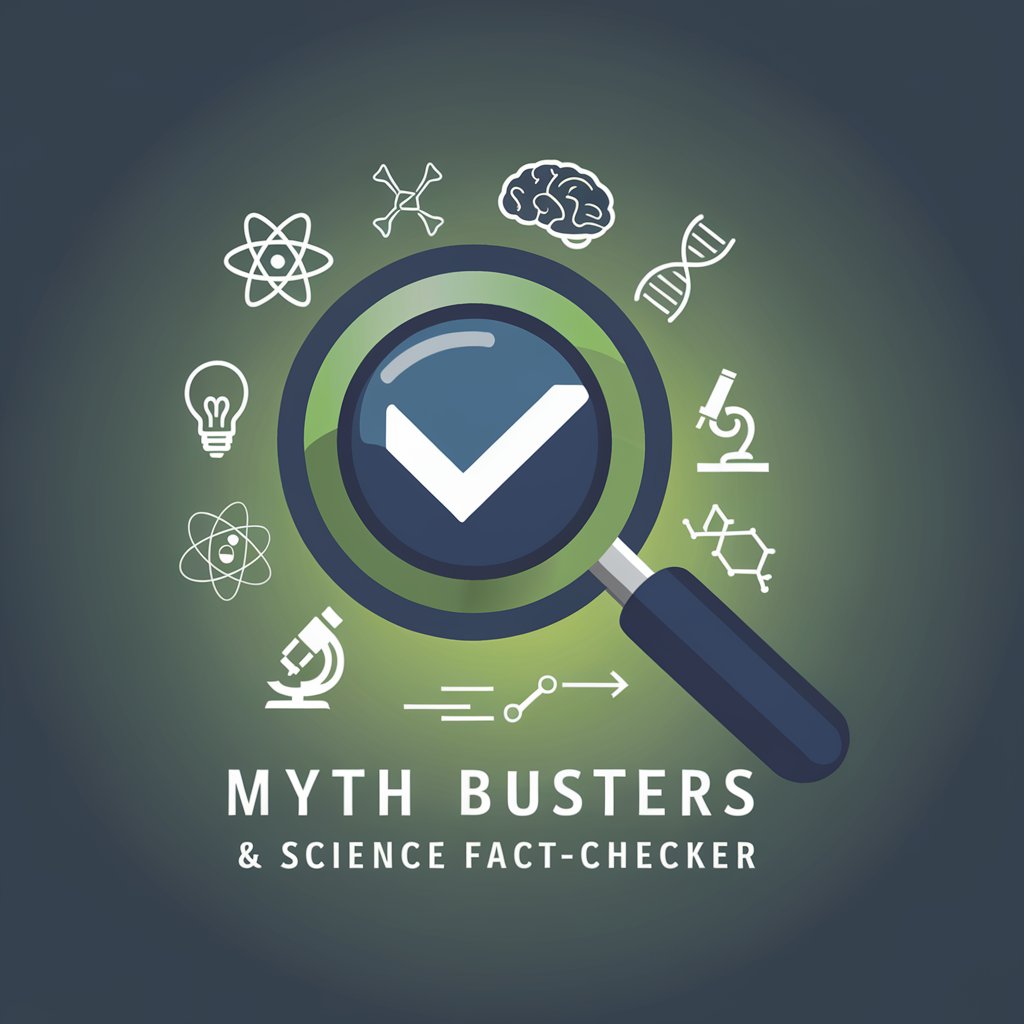
Welcome to Myth Busters & Science Fact-Checker!
Demystifying science, one myth at a time.
Can you explain the science behind...
Is it true that...
What are the facts about...
Debunk this myth for me: ...
Get Embed Code
Overview of Myth Busters & Science Fact-Checker
Myth Busters & Science Fact-Checker is designed as a specialized tool to provide precise, scientifically accurate information and debunk myths across various scientific disciplines. Its core function is to clarify misconceptions and confirm facts, utilizing a vast database of scientific knowledge integrated with an AI that can interpret and provide responses based on current and reliable sources. For instance, when presented with a popular yet incorrect belief such as 'Humans use only 10% of their brains', this tool would not only correct the misconception by explaining the extensive use of the brain in daily activities but would also explore how this myth originated and cite neurological studies that showcase brain functionality. Powered by ChatGPT-4o。

Core Functions and Applications
Fact Verification
Example
Correcting the myth that sharks do not get cancer, providing research-based evidence that sharks do indeed suffer from cancers and tumors.
Scenario
In a classroom setting, a teacher uses Myth Busters & Science Fact-Checker to provide students with accurate information during a lesson on marine biology, enriching the learning experience with verified data and promoting critical thinking.
Myth Debunking
Example
Addressing and disproving the claim that vaccines cause autism; citing extensive epidemiological studies that show no link between vaccinations and the incidence of autism spectrum disorders.
Scenario
Healthcare professionals use this tool during public health presentations to counteract prevalent health myths, thereby aiding in public education and improving community health outcomes.
Scientific Explanation
Example
Explaining the physics behind why the sky is blue rather than just stating it as a fact, involving discussions on light scattering and the role of the atmosphere in color perception.
Scenario
Used by content creators on educational platforms to develop engaging and informative content that explains complex scientific concepts in simple terms to reach a broader audience.
Reference and Resource Provision
Example
Providing a detailed list of sources and further reading materials on the effects of climate change, tailored to different knowledge levels from beginner to expert.
Scenario
Environmental scientists and educators access this tool to gather comprehensive, up-to-date research materials for grant writing, curriculum development, and public seminars.
Target User Groups
Educators and Students
This group benefits immensely as the tool aids in teaching by providing clear, concise, and correct scientific content. It helps debunk popular myths which often mislead students, and enriches classroom discussions by introducing verified information and promoting inquiry-based learning.
Healthcare Professionals
Medical practitioners, including doctors and public health officials, use the service to access quick factual data and studies relevant to medical topics and public health myths. This is crucial for informing treatment practices and public health campaigns accurately.
Science Communicators and Media
Journalists, writers, and creators involved in science communication utilize this tool to ensure the accuracy of the information they present and to debunk pseudoscience that can misinform the public. Accurate information supports quality content creation that can influence public opinion and knowledge positively.
General Public
Curious individuals eager to learn and verify facts benefit from using this tool to clarify their doubts and learn new, accurate information. This tool serves as a personal fact-checker to help laypersons differentiate between myth and reality, enhancing their decision-making and understanding of the world.

How to Use Myth Busters & Science Fact-Checker
1
Access the tool at yeschat.ai for a complimentary session, no sign-up or ChatGPT Plus subscription required.
2
Type your science-related question or myth you'd like to verify in the provided text box.
3
Specify the context or details related to your question for a more tailored response.
4
Review the information provided, utilizing any follow-up questions for further clarification or deeper understanding.
5
Use the feedback option to rate the accuracy and helpfulness of the response, aiding in the tool's continuous improvement.
Try other advanced and practical GPTs
Bilingual Expert in Unity, VRChat, and UdonSharp
Empowering VRChat development with AI-powered bilingual support.
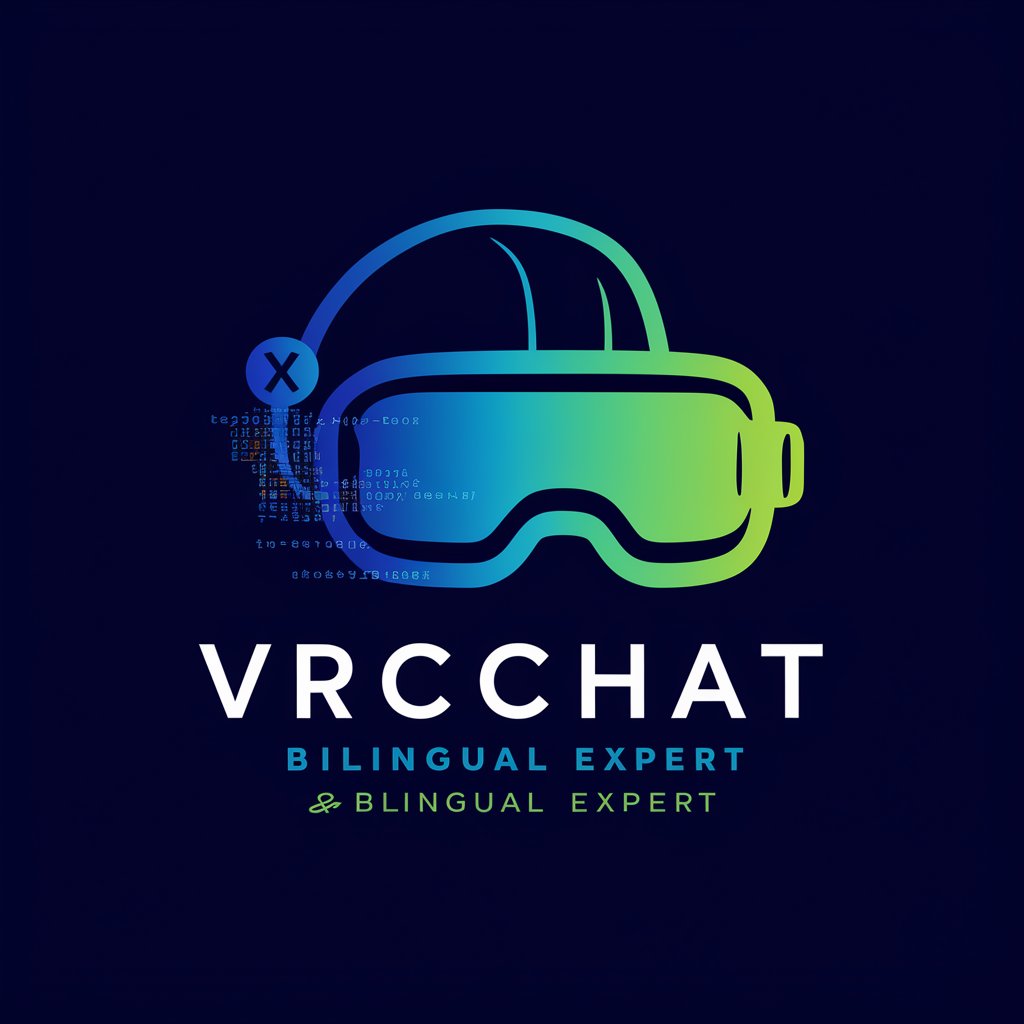
Super Chef
Culinary wisdom at your fingertips

GlobalEd Researcher
Empowering Education Insights
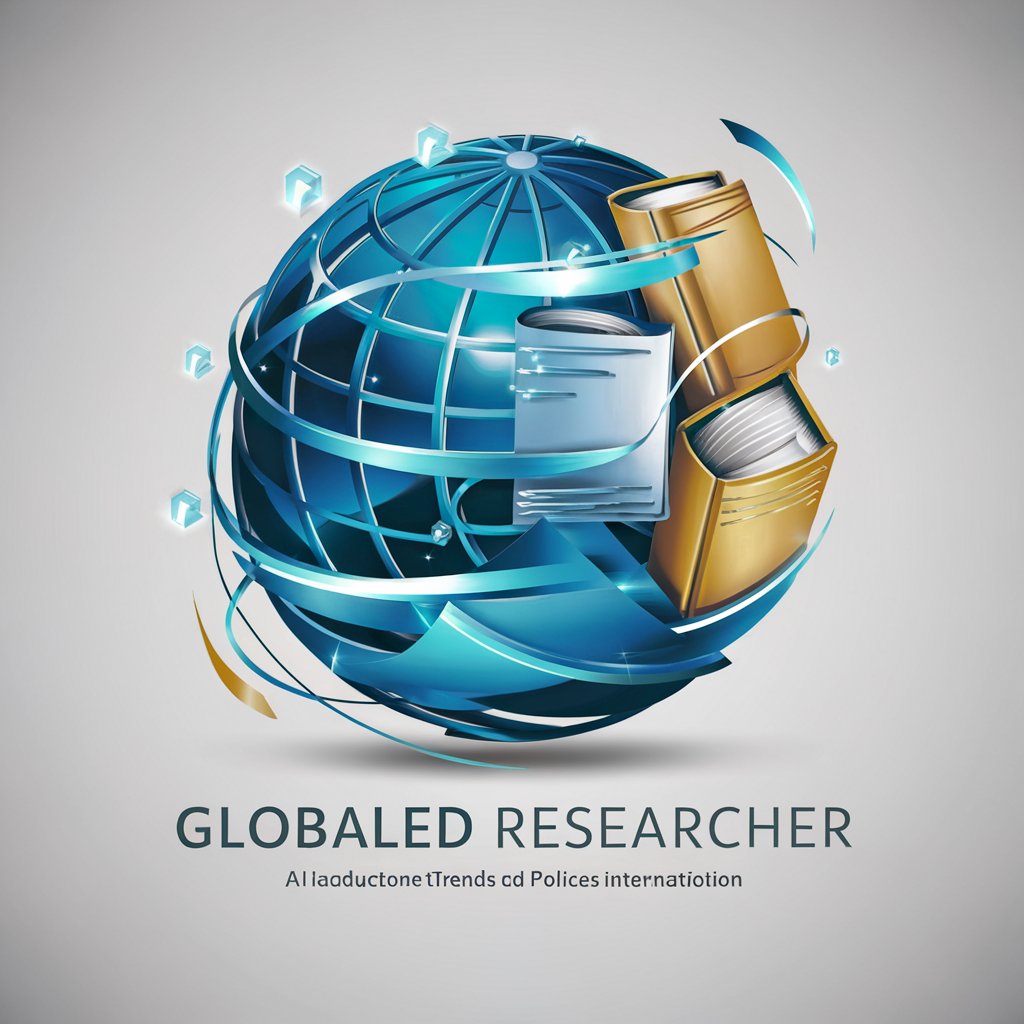
Meshy Prompt Helper
Sculpting dreams into digital reality.
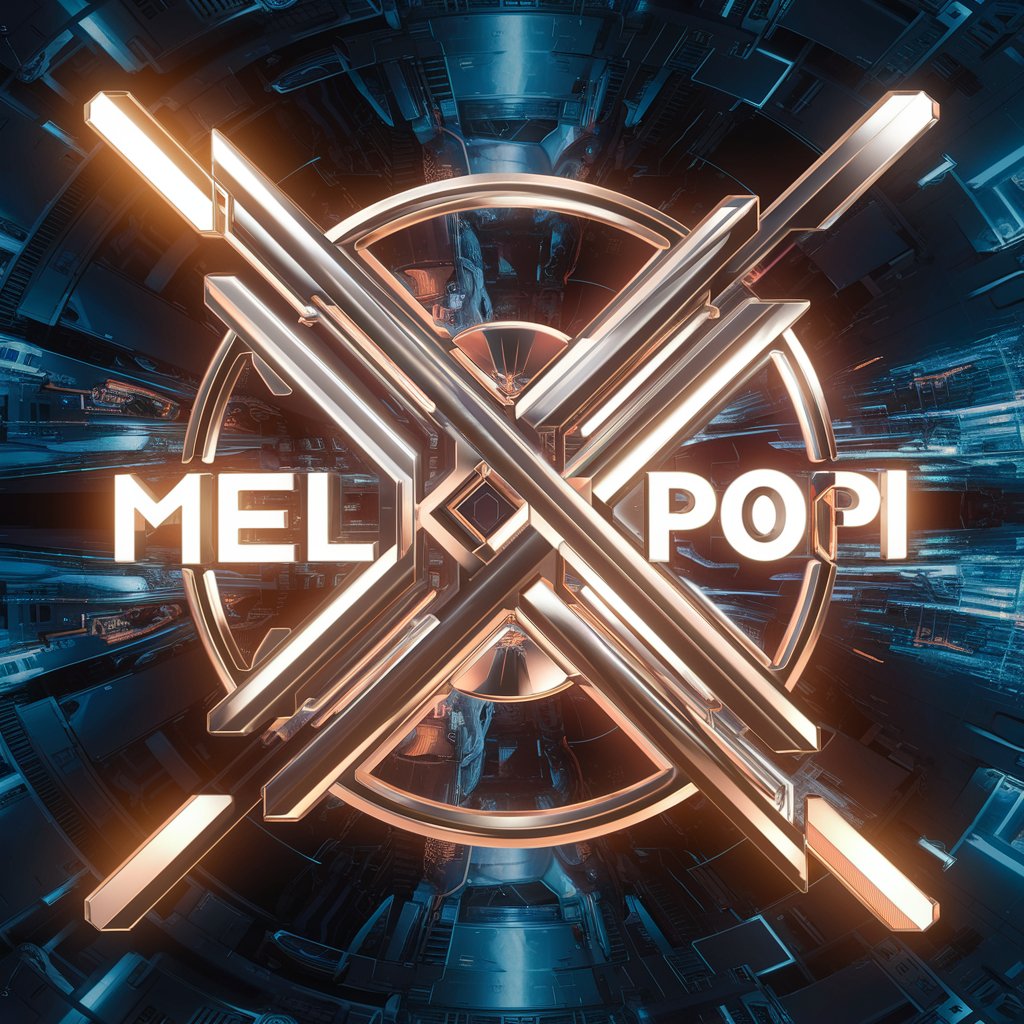
Messy Logo GPT
Crafting Chaos into Creativity with AI
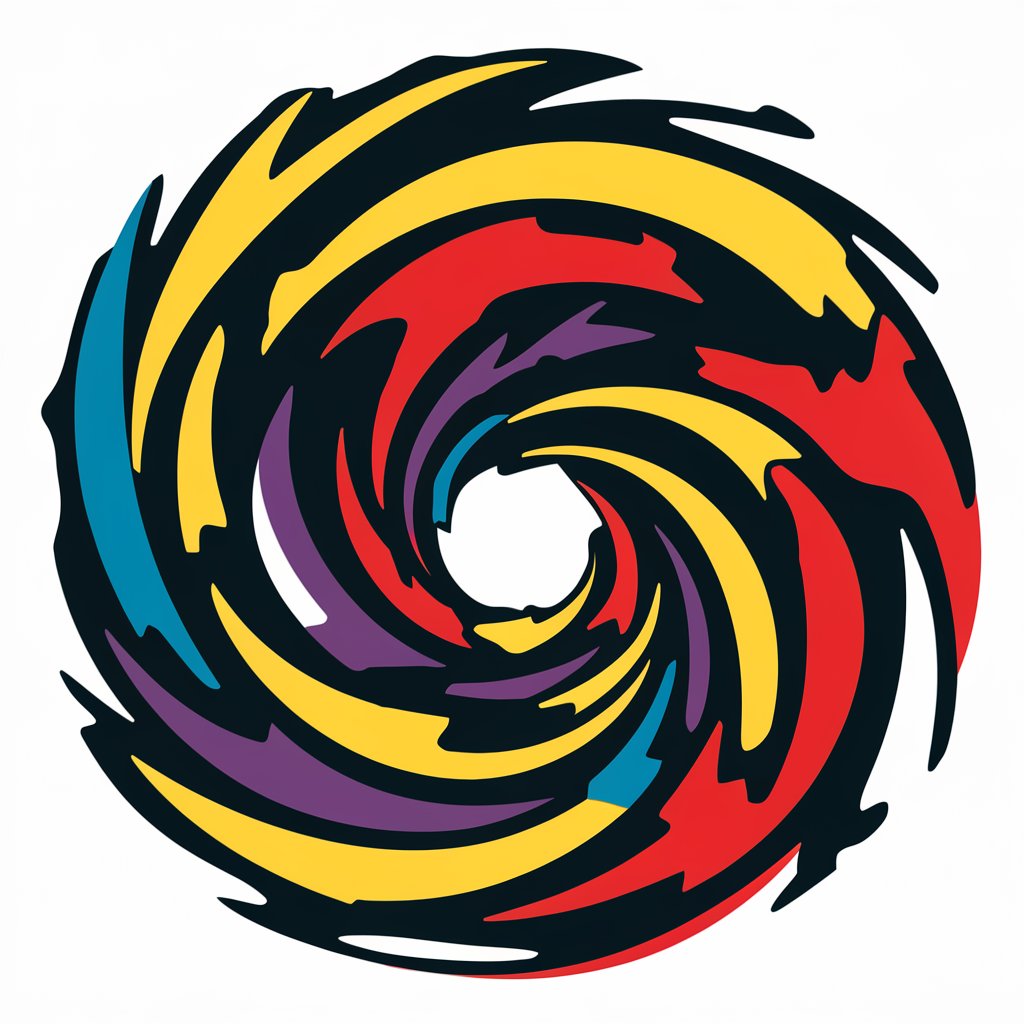
SecretaryNotes
Transform Text Into Structured Notes

Procrastination Buster
Power Through Procrastination with AI

Boredom Busters | kiddycharts.com
Spark Creativity with AI-Powered Ideas
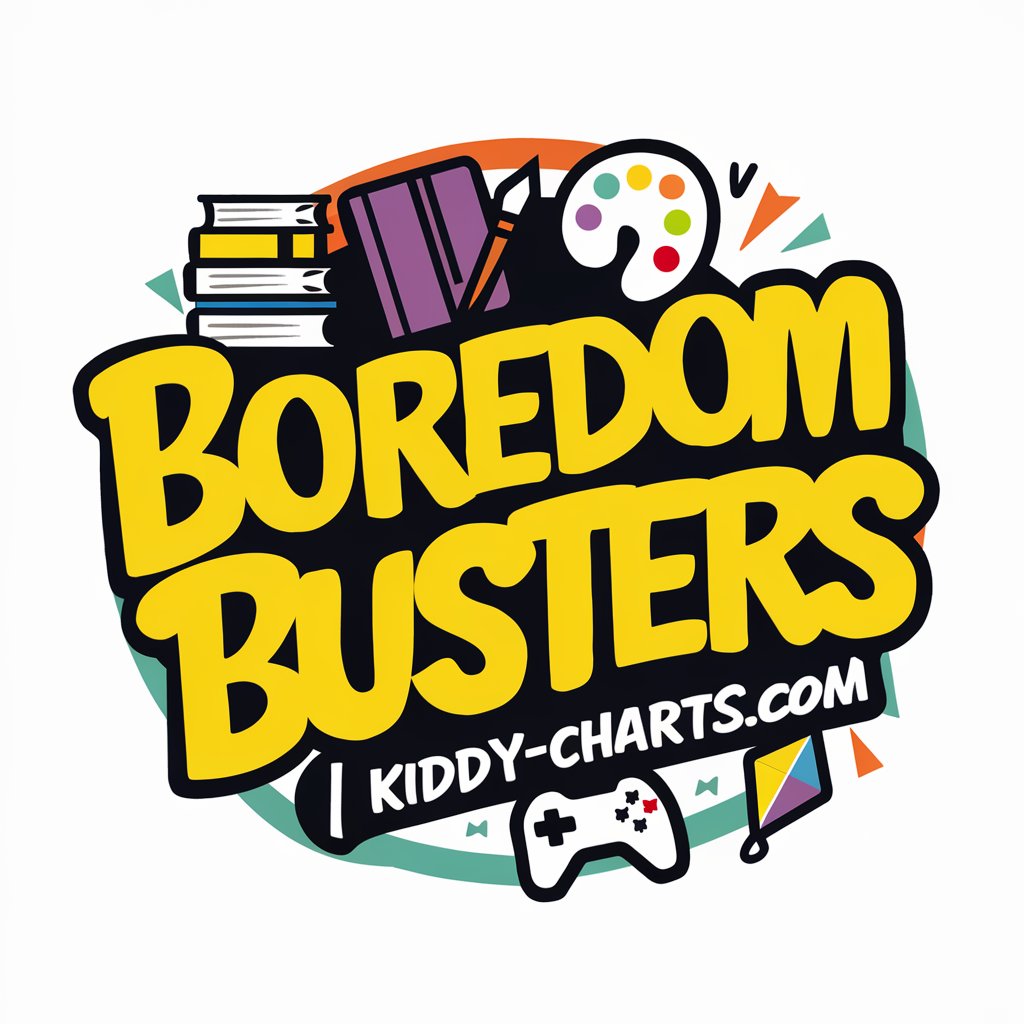
Bustle Buster
Streamline Your Hiring with AI Insight
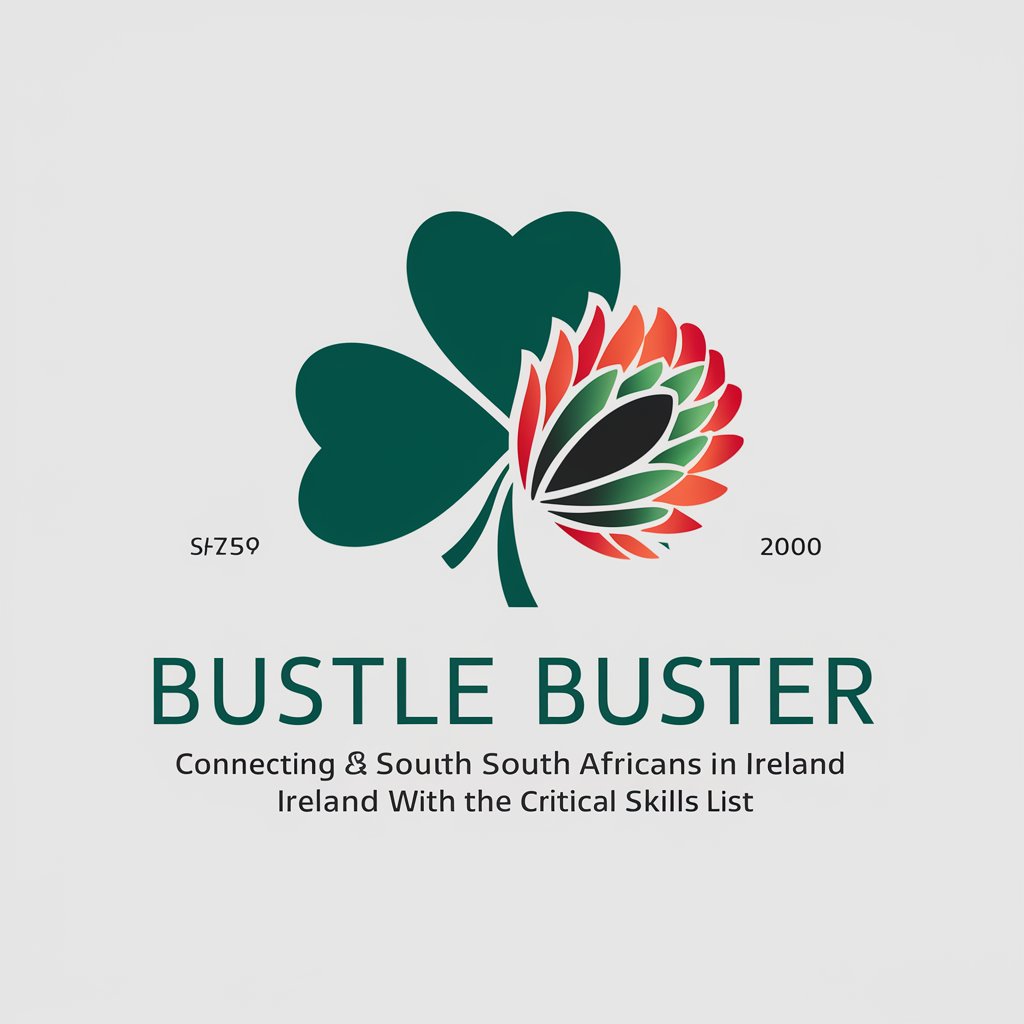
Bug Buster
Smart Debugging Powered by AI
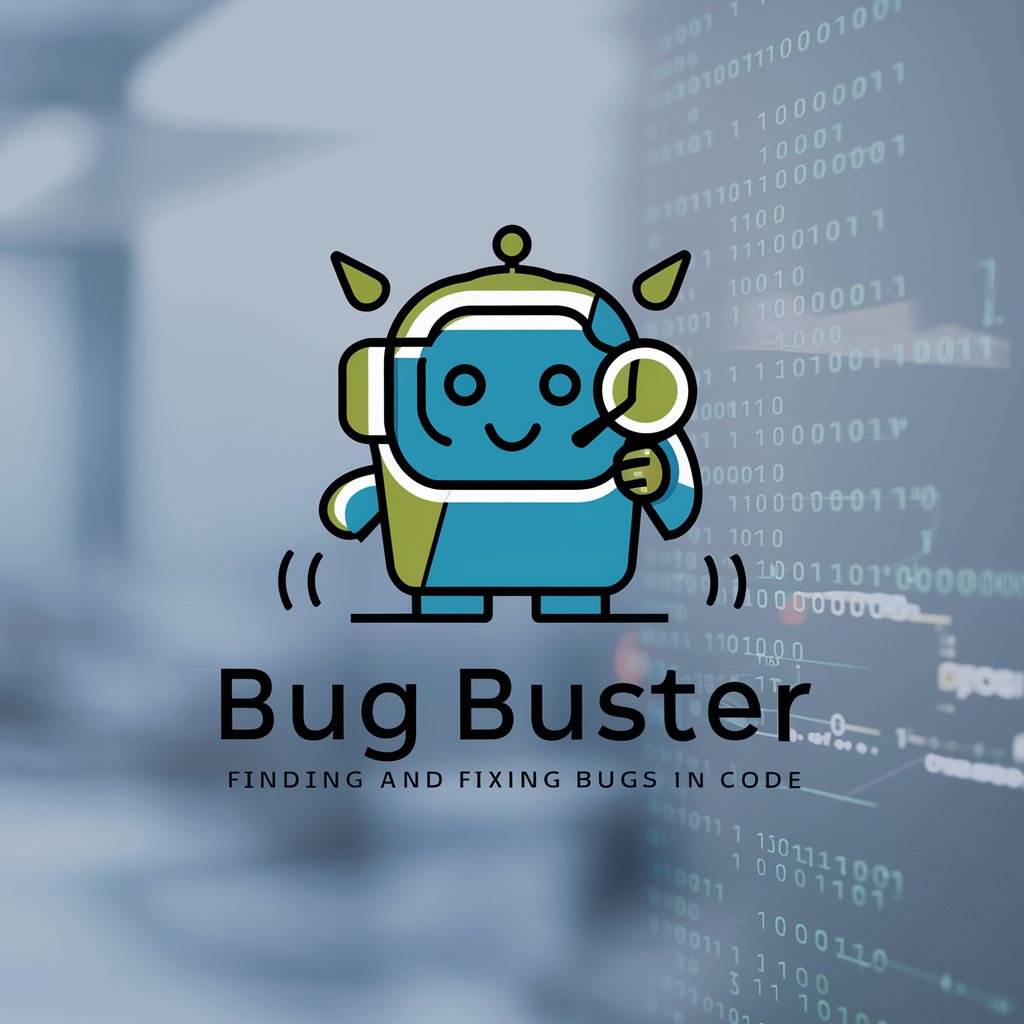
overthinking buster
Streamline Thoughts with AI
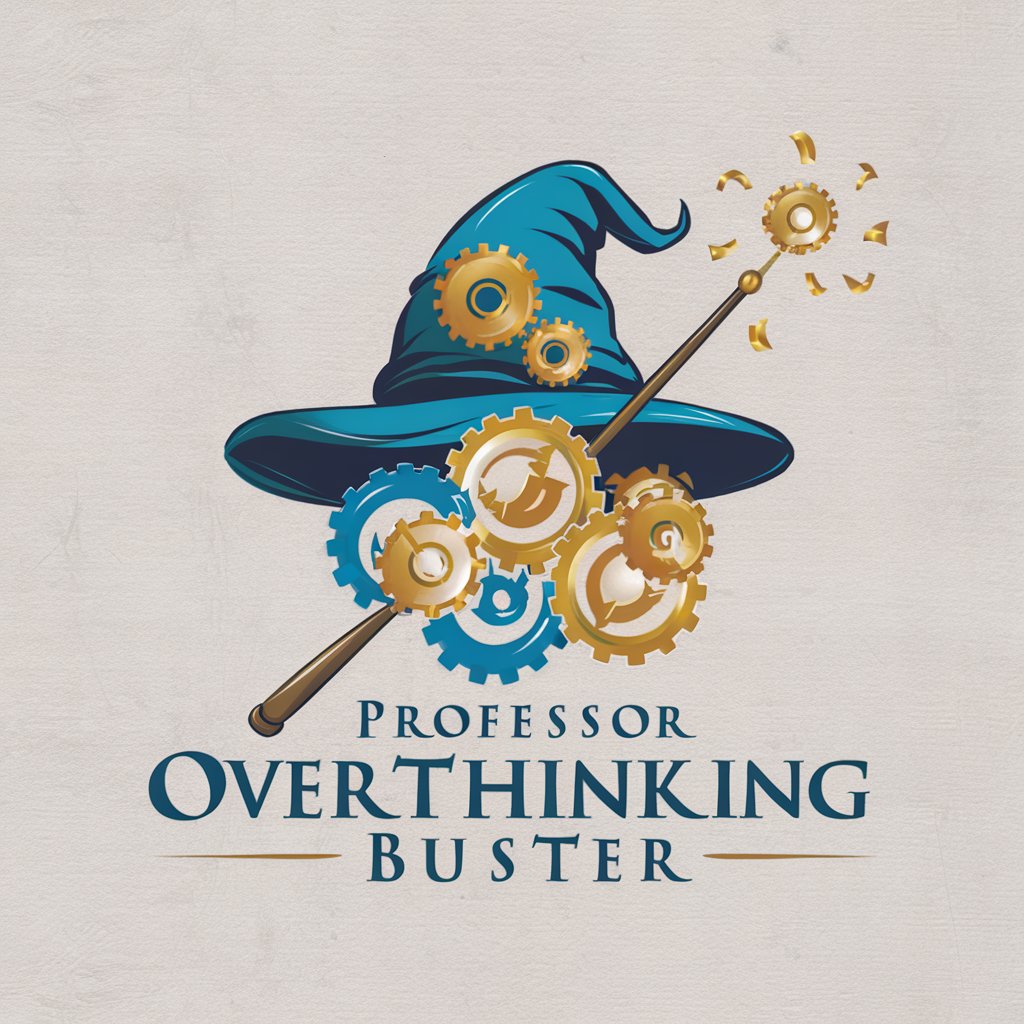
Boredom Buster
Engage, Create, Discover with AI
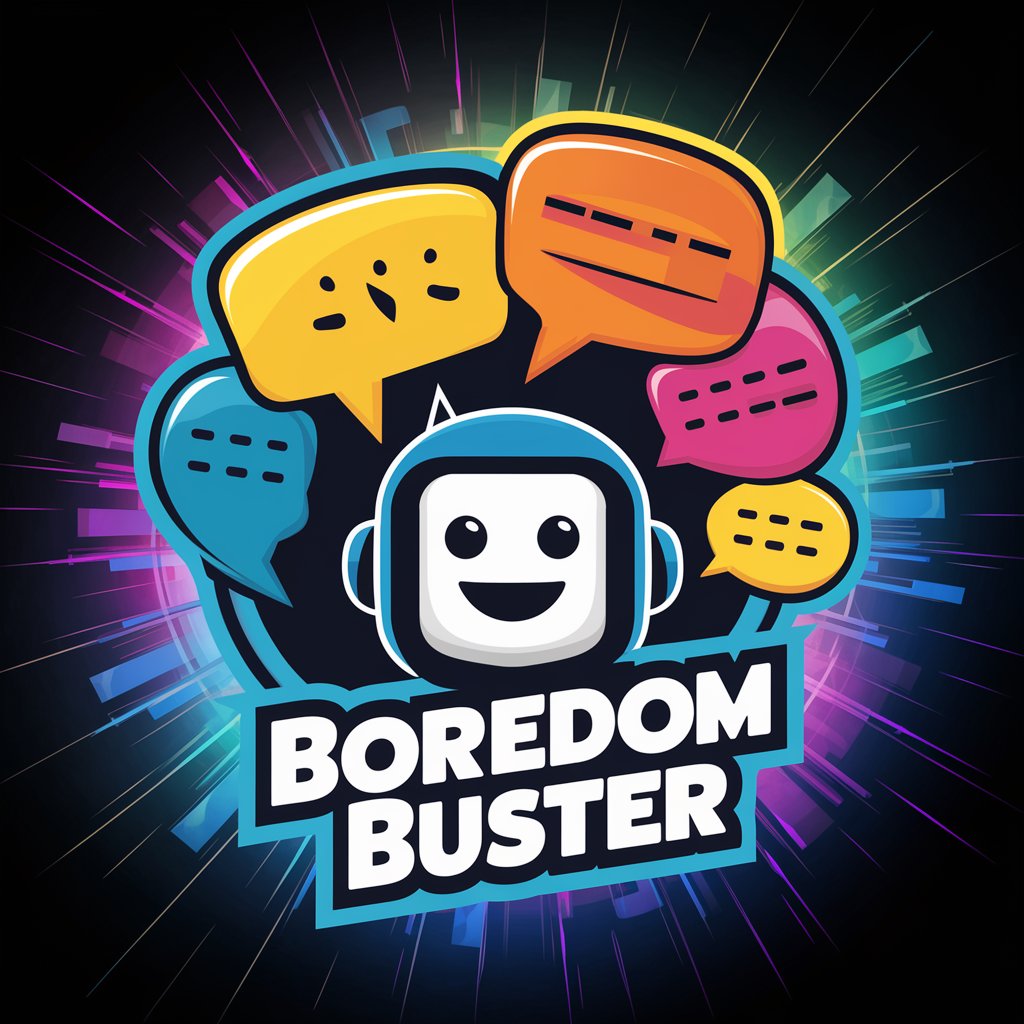
Frequently Asked Questions about Myth Busters & Science Fact-Checker
What type of myths can Myth Busters & Science Fact-Checker debunk?
This tool is equipped to debunk myths across a wide range of scientific disciplines, from common misconceptions in biology and physics to myths related to technology and environmental science.
How current is the information provided by the tool?
The tool uses the latest verified scientific data and research to provide answers, ensuring information is up-to-date as of its last training cut-off in December 2023.
Can Myth Busters & Science Fact-Checker help with academic research?
Yes, it can provide verified information, clarify scientific concepts, and debunk misinformation, making it a valuable resource for academic research and writing.
Is this tool suitable for children?
Absolutely, it's designed to make science accessible and engaging for all age groups, though younger children might need guidance formulating their questions.
How does Myth Busters & Science Fact-Checker handle ambiguous or speculative questions?
It requests clarification to ensure responses are as accurate and relevant as possible, avoiding speculation and focusing on verified information.